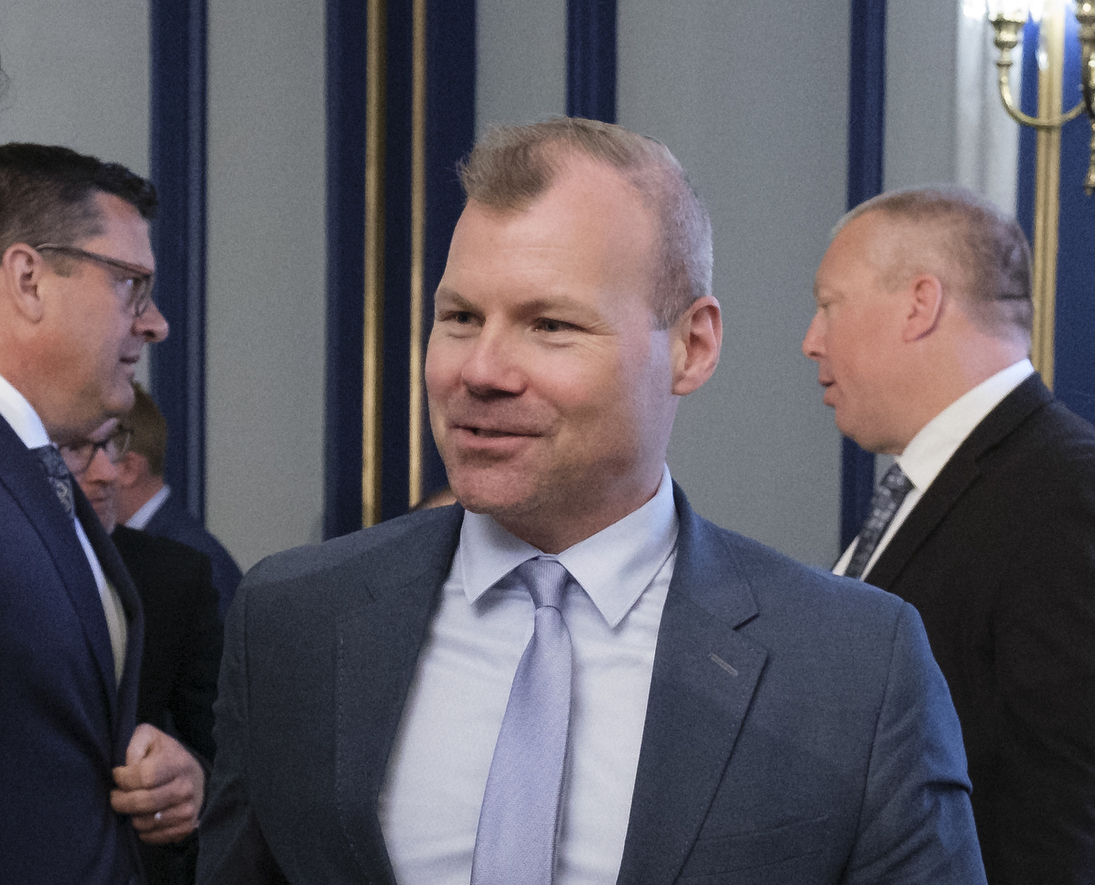LGBTQ2S+ people are sounding the alarm over the Saskatchewan government funding private schools that have ties to homophobic churches.
In a press release, the Saskatchewan government announced in May that it would be providing $17.5 million in operating grants for the province’s 21 independent schools and four “historical” schools ahead of the upcoming school year. According to the province’s latest budget documents, that includes $2.6 million toward a new “certified independent school” category, although what that category comprises has yet to be determined.
“Our government continues to provide increased funding to our education system because we know that it’s an investment in our province’s future,” Saskatchewan education minister Dustin Duncan said in a statement. “We are dedicated to providing grants to our Historical High Schools and independent schools so parents and students continue to have more choice in education.”
Among the people who are concerned about their local government’s spending is Dr. Tamara Hinz, a child psychiatrist in Saskatoon. Hinz published an open letter to Duncan last week, asking him to reconsider allotting public funds to schools such as Westgate Heights Academy, which is run by Westgate Alliance Church.
“As the Minister of Education and therefore someone who works for the youth of this province, I’m sure you are aware of some of the distressing mental health statistics associated with LGBTQ youth,” Dr. Hinz’s letter reads. “It is completely antithetical to, on one hand, claim to advocate for youth and mental health while, on the other, funding schools that are actively increasing the suicide risk of some of the most vulnerable children in our society.”
Westgate Alliance’s discipline and restoration policy refers to homosexuality as a “violation of scriptural moral standards” and compares same-sex intimacy to fraud, sexual harassment and a “violation of scriptural moral standards.” Anyone who violates these standards faces potential discipline.
The policy—which was last amended in 2004—does not apply to the academy, but exclusively to members of the church, according to CBC News.
“The school, its teachers and students are not members of the church and therefore this policy does not apply to the school,” Rev. Frank Jeske, Westgate’s lead pastor and school director, told the public broadcaster in a written statement. “To suggest otherwise is false and misleading.”
In light of the controversy, critics asked why public funds aren’t instead being directed toward public education. Budgetary constraints recently forced Saskatchewan schools to slash nearly 100 jobs, including teaching positions.
“There is historically an inherent problem with religious independent schools in the province of Saskatchewan,” tweeted one local on June 21. “They have been allowed to operate with the privilege of public funds, with minimal regulation and oversight.”
“No way our tax dollars should be funding a school that doesn’t meet basic fundamental human rights,” another opponent of the move tweeted. “Stop funding this now.”
In a statement to CBC, Saskatchewan’s ministry of education said all qualifying schools are “visited and monitored closely.” The provincial government department added that “the decision on where to enroll a student is up to the parent or caregiver” and said that provincial laws permit “parents of many faiths to educate their children in accordance with their conscientious beliefs.”
Teachers are also supervised at least three times each academic year and required to submit their course outlines and lesson plans, according to the Saskatchewan government.


 Why you can trust Xtra
Why you can trust Xtra


